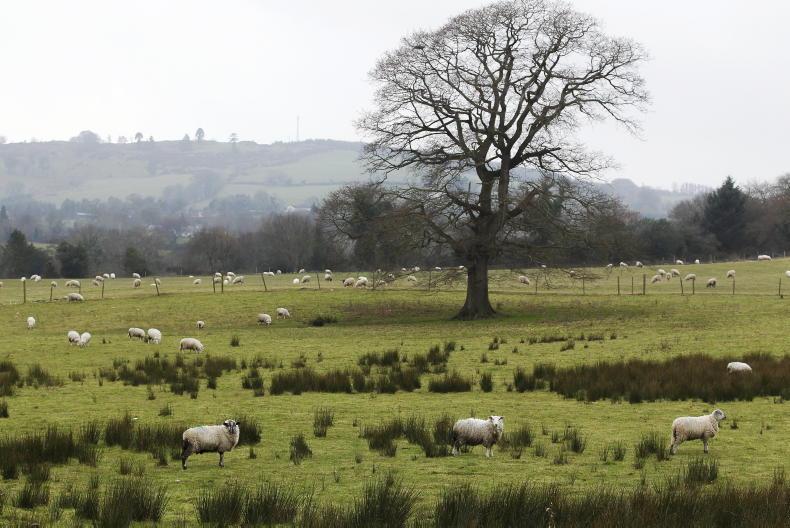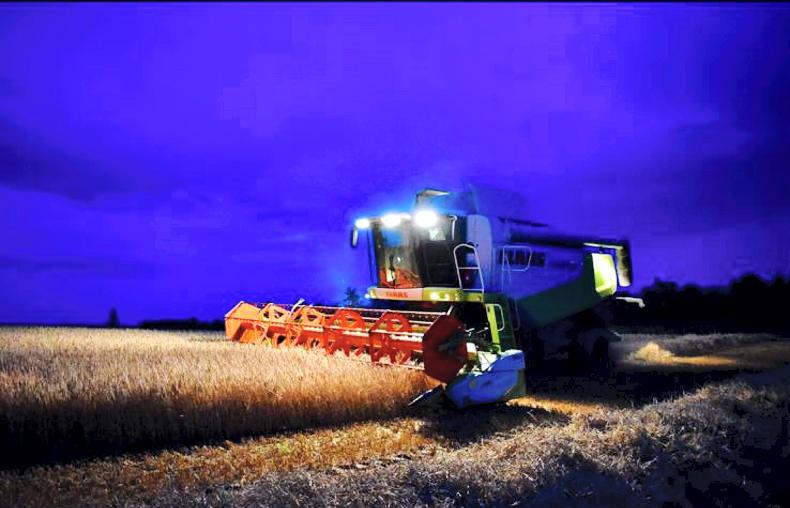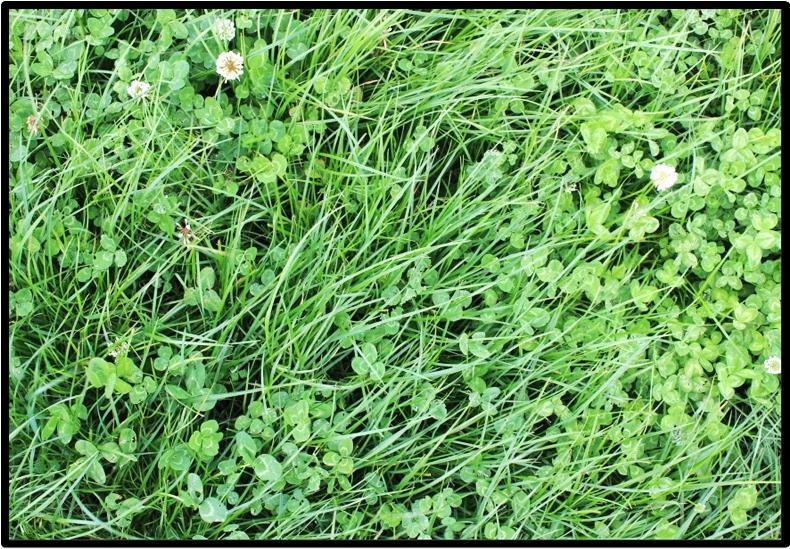Curtailing or avoiding the use of herbicides such as MCPA has come to the fore again in recent weeks due to the recently launched Results Based Environment-Agri Pilot (REAP).
One of the two flagship measures, low-input permanent pasture (LIPP), is targeted at enhancing biodiversity within a permanent grassland sward.
To incentivise this goal, payment is based on a scoring card with the highest scores and payments for swards with a diverse range of plant species which make up a significant percentage of overall sward cover.
Department ecologists advise that herbicides used to control rushes are also harmful for many of the indicator species they are trying to promote.
As such they advise against broad spectrum treatment, with rushes seen as contributing to the biodiversity of the sward provided they are not dominating the sward.
This is an important consideration for many of the 10,700 applicants who have submitted an expression of interest to join REAP, with May and June typically two months where a lot of land improvement tasks take place. For those in doubt, it is worth discussing options with your adviser.
The presence of rushes in grassland or natural vegetation is an area where opinions differ greatly. The traditional thinking to maintain land in Good Agricultural and Environmental Condition (GAEC) was that rushes needed to be managed strenuously with the go-to practice generally being spraying or weed licking.
The advice from the Department is that provided there is evidence of agricultural activity or animals grazing (for example trampled vegetation or dung) in areas affected by rushes, then farmers will not be penalised. The Department states that only areas which become overgrown in scrub, gorse, bracken etc as a result of land abandonment can be subject to penalties on inspection.
Instead of blanket herbicide treatment, the Department recommends an approach of containment or suppression with a guidance document launched in 2020 which can be found at ifj.ie/Deprushes or by scanning the QR code.
Curtailing or avoiding the use of herbicides such as MCPA has come to the fore again in recent weeks due to the recently launched Results Based Environment-Agri Pilot (REAP).
One of the two flagship measures, low-input permanent pasture (LIPP), is targeted at enhancing biodiversity within a permanent grassland sward.
To incentivise this goal, payment is based on a scoring card with the highest scores and payments for swards with a diverse range of plant species which make up a significant percentage of overall sward cover.
Department ecologists advise that herbicides used to control rushes are also harmful for many of the indicator species they are trying to promote.
As such they advise against broad spectrum treatment, with rushes seen as contributing to the biodiversity of the sward provided they are not dominating the sward.
This is an important consideration for many of the 10,700 applicants who have submitted an expression of interest to join REAP, with May and June typically two months where a lot of land improvement tasks take place. For those in doubt, it is worth discussing options with your adviser.
The presence of rushes in grassland or natural vegetation is an area where opinions differ greatly. The traditional thinking to maintain land in Good Agricultural and Environmental Condition (GAEC) was that rushes needed to be managed strenuously with the go-to practice generally being spraying or weed licking.
The advice from the Department is that provided there is evidence of agricultural activity or animals grazing (for example trampled vegetation or dung) in areas affected by rushes, then farmers will not be penalised. The Department states that only areas which become overgrown in scrub, gorse, bracken etc as a result of land abandonment can be subject to penalties on inspection.
Instead of blanket herbicide treatment, the Department recommends an approach of containment or suppression with a guidance document launched in 2020 which can be found at ifj.ie/Deprushes or by scanning the QR code.









SHARING OPTIONS